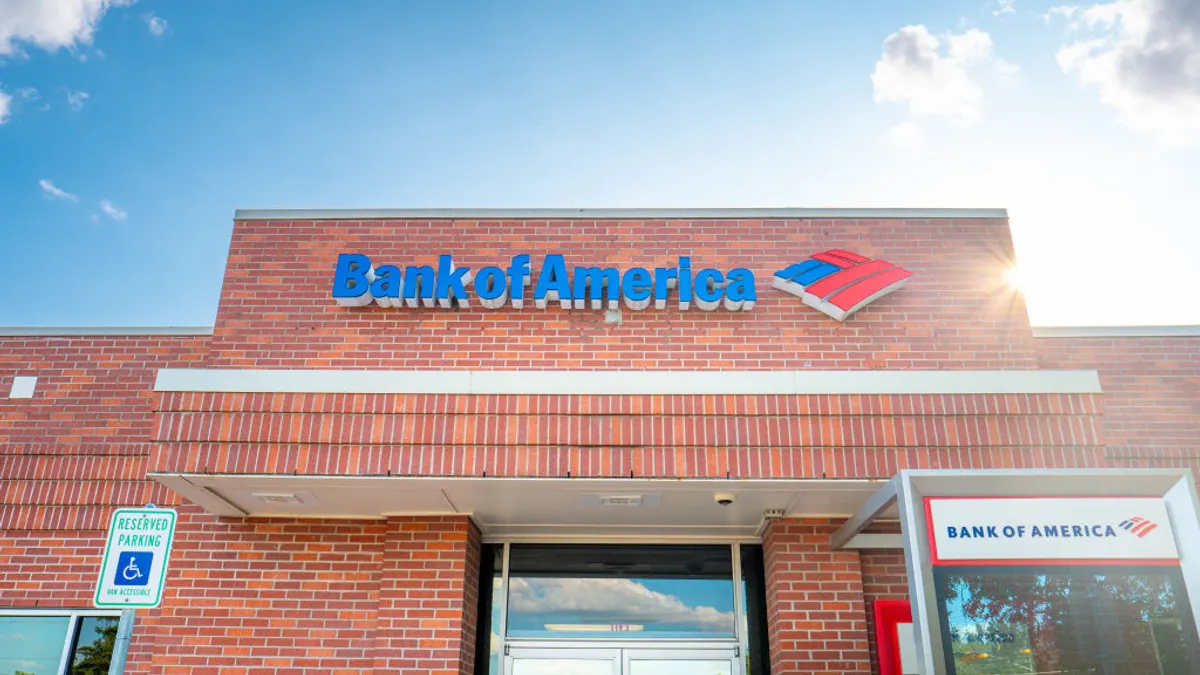A deal inked between a blockchain firm and one of the nation’s most densely populated counties will result in the digitization of 370,000 property deeds worth $240 billion in real estate value, marking what the entities call the largest blockchain-based deed tokenization project in U.S. history.
Balcony, utilizing the Avalanche blockchain, will create a fully digitized ledger of titles across Bergen County, New Jersey’s 70 municipalities, in a five-year partnership aimed at reducing fraud, title disputes and administrative errors.
“For generations, the deed and property records to your home have been stored in fragile and disparate databases, vulnerable to tampering, ransomware and fraud that is no longer acceptable,” said Balcony CEO Dan Silverman at a press event Wednesday morning.
“Many of the systems used today to manage property records were built before I was born. They weren't designed for the threats of today's world,” Silverman said. “Sophisticated cyber criminals target state systems with ransomware attacks that cost taxpayers tens of millions of dollars annually, and now, with the rise in generative AI, fraudulent documents can be fabricated in seconds, completely indistinguishable from the real thing.”
That’s where blockchain technology comes in, moving all of the information to an immutable, searchable ledger and cutting deed processing time by 90%, Silverman said.
John Hogan, who has served as Bergen County clerk since 2012, said in a prepared statement that the initiative is about improving the lives of Bergen’s residents by simplifying and securing the recordkeeping process.
“We can't be afraid of new technology. I kind of think that those who were here before me were afraid of new technology, because when I came here, there was Post-It notes, there was mimeograph stuff …I think the place was stuck in time,” Hogan said Wednesday morning. “This is a great step forward for our office and for our county and for the people we serve.”
When Balcony’s digital asset registry is completed, Hogan said any resident will be able to trace the history of their property from beginning to current on the registry.
Blockchain technology stands to revolutionize “any process that relies on trust, transparency, and secure recordkeeping,” well beyond deeds, according to Chief Strategy Officer Luigi D’Onorio DeMeo at Ava Labs, the creator of the Avalanche blockchain.
“We're seeing major potential in areas like identity verification, supply chains, licensing, and financial settlement. These systems are often outdated, siloed, or paper-based. Blockchain brings a shared, tamper-proof source of truth that can drastically reduce fraud, delays, and administrative costs,” he said in an emailed statement to Banking Dive.
Bringing real-world assets on-chain is a step toward a more efficient economy, he wrote, allowing programmability, fractional ownership, and global liquidity across things like property, commodities, or financial instruments.
“That means more people can access and interact with markets that were previously gated – unlocking new business models and financial inclusion at a global scale,” DeMeo said.
Outside of Bergen County, Balcony is working with several other municipalities in New Jersey and beyond to modernize government real estate systems, according to the press release. In Orange, New York, Balcony uncovered nearly $1 million in lost municipal revenue, according to a press release seen by Banking Dive. The revenue was previously hidden due to “incomplete or outdated records.”













